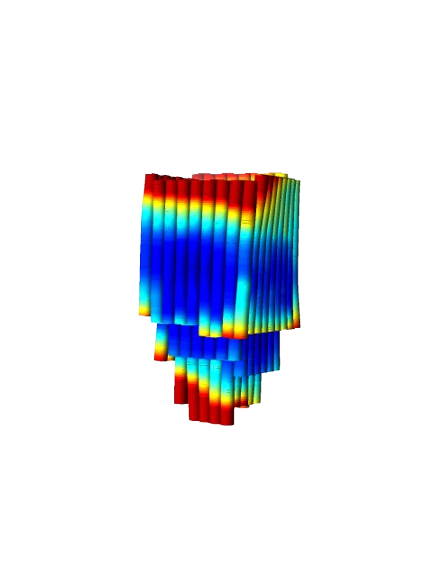
BIOMOD
BIOMOD (International Biomolecular Design Competition) is an annual event for students focused on using the molecule of life (DNA, RNA, etc.) to create robots and nanoscale therapeutics.
BMERIT is working to design a nanoscale device to aid in viral detection and/or serve as biosensors for this project.
The team will take part in a summer research term and present their work internationally at Japan!
Problem
Lack of preventative healthcare for neurodegenerative diseases
Neurodegenerative diseases such as Alzheimer's Disease and dementia is hard to diagnose early, making treatment for it less effective.
Current methods such as MRI/CT are time intensive and blood/urine test become too diluted, reducing accuracy while there are no gold standards for the method.
Solution
Our team's goal is to design a scalable design with increased sensitivity and improved resolution by implementing the following:
Involved dye that produces color when the target component is detected.
The team is building the most stable nanopore (tiny holes at the nanoscale, used to analyze individual molecules such as DNA, proteins, etc.) possible, as stability of the pore is a huge factor in detecting the target as it passes through.
The end goal is to have the design be able to point to neurovasular damage.


The team aims to have a proof of concept showing that the nanopore can successfully detect cleavage (the breaking of specific bonds within the target molecule as it interacts with the nanopore) in the target molecule for BIOMOD.
After cleavage occurs, the sensor should produce a measureable output, such as a color change involving dye.
This will provide evidence the target molecute was recognized and processed by the sensor.